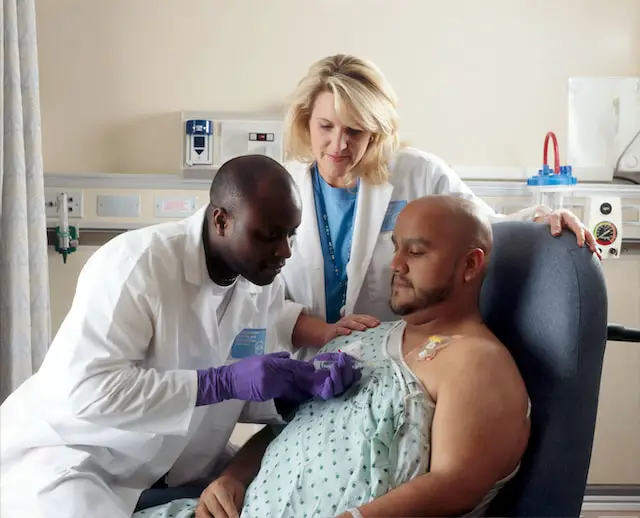A prostate exam is an important medical procedure that involves the examination of the prostate gland, which is a small gland located in the male reproductive system. The exam is usually done to check for any abnormalities in the prostate gland, such as signs of prostate cancer. It is a simple procedure that can be performed in a doctor’s office or clinic, but there are some things that you should avoid doing before the exam to ensure accurate results.

- Do not have sexual intercourse: Sexual activity can cause the prostate gland to become swollen or tender, which can make the exam more uncomfortable and may also affect the accuracy of the results. It is recommended that you avoid any sexual activity, including masturbation, for at least 24 hours before the exam.
- Do not use a rectal suppository: A rectal suppository can interfere with the exam, as it can cause the prostate gland to become swollen or tender. It is recommended that you avoid using any rectal suppositories for at least 24 hours before the exam.
- Do not use an enema: An enema is a procedure that involves inserting a liquid into the rectum to cleanse it. However, it can irritate the lining of the rectum and make the prostate gland swollen or tender. It is recommended that you avoid using an enema for at least 24 hours before the exam.
- Do not consume caffeine: Caffeine is a diuretic, which means it increases urine production and can cause the bladder to fill more quickly. This can make the exam more uncomfortable and may also affect the accuracy of the results. It is recommended that you avoid consuming caffeine for several hours before the exam.
- Do not consume alcohol: Alcohol can dehydrate the body and increase urine production, which can also cause the bladder to fill more quickly. This can make the exam more uncomfortable and may also affect the accuracy of the results. It is recommended that you avoid consuming alcohol for several hours before the exam.
- Do not take certain medications: Some medications, such as blood thinners, can increase the risk of bleeding during the exam. Others, such as alpha-blockers and 5-alpha reductase inhibitors, can affect the size and texture of the prostate gland, which can affect the accuracy of the results. It is recommended that you inform your doctor of any medications you are taking before the exam.
- Do not engage in vigorous exercise: Vigorous exercise can cause the prostate gland to become swollen or tender, which can make the exam more uncomfortable and may also affect the accuracy of the results. It is recommended that you avoid engaging in vigorous exercise for at least 24 hours before the exam.
- Do not eat heavy meals: Heavy meals can cause gastrointestinal discomfort or even diarrhea, which can make the exam more uncomfortable and may also affect the accuracy of the results. It is recommended that you avoid consuming heavy meals for several hours before the exam.
In summary, before a prostate exam, it is recommended that you avoid sexual activity, rectal suppositories, enemas, caffeine, alcohol, certain medications, vigorous exercise, and heavy meals. Following these guidelines can help ensure that the exam is as accurate as possible and that you are as comfortable as possible during the exam. If you have any concerns or questions about the exam, it is important to speak with your healthcare provider.